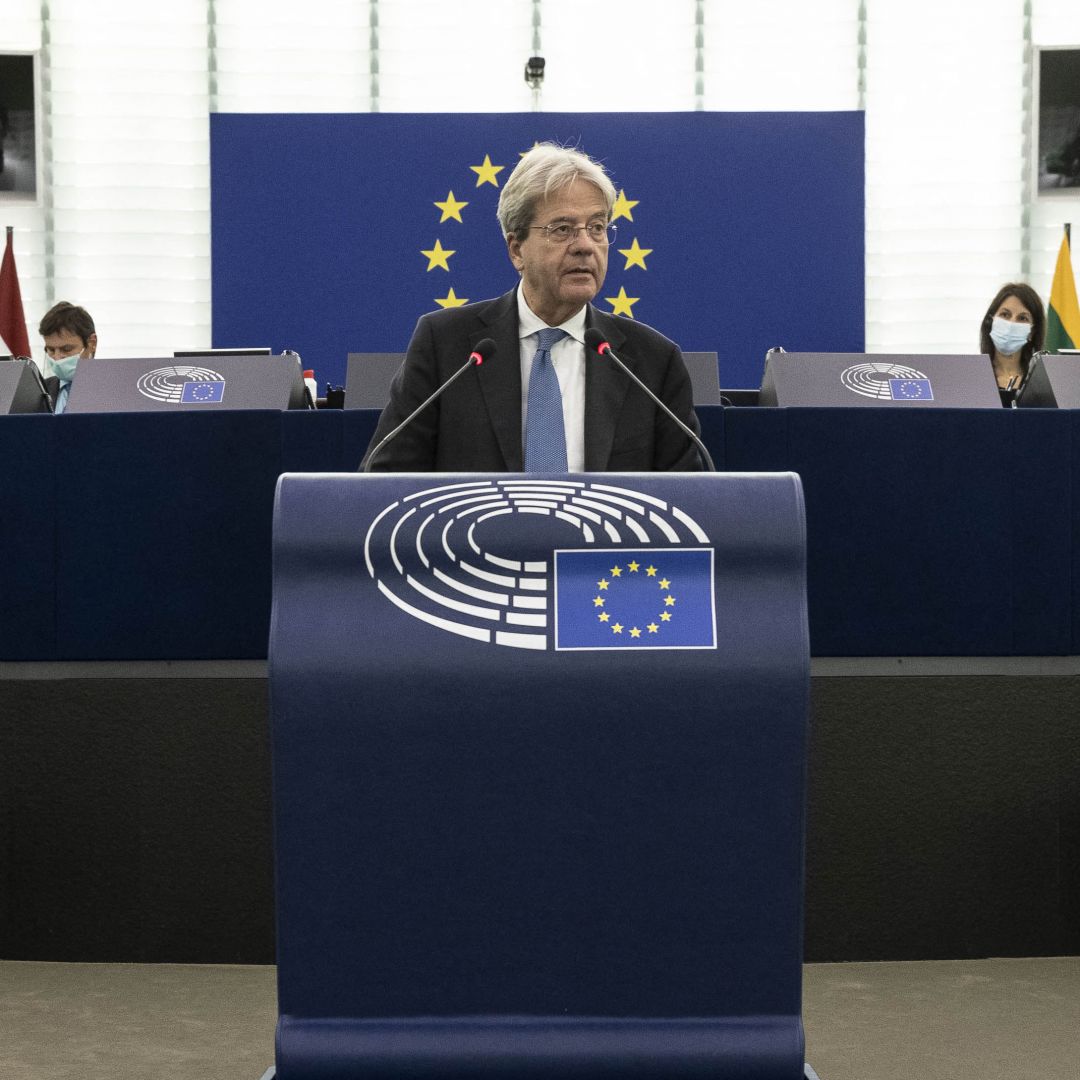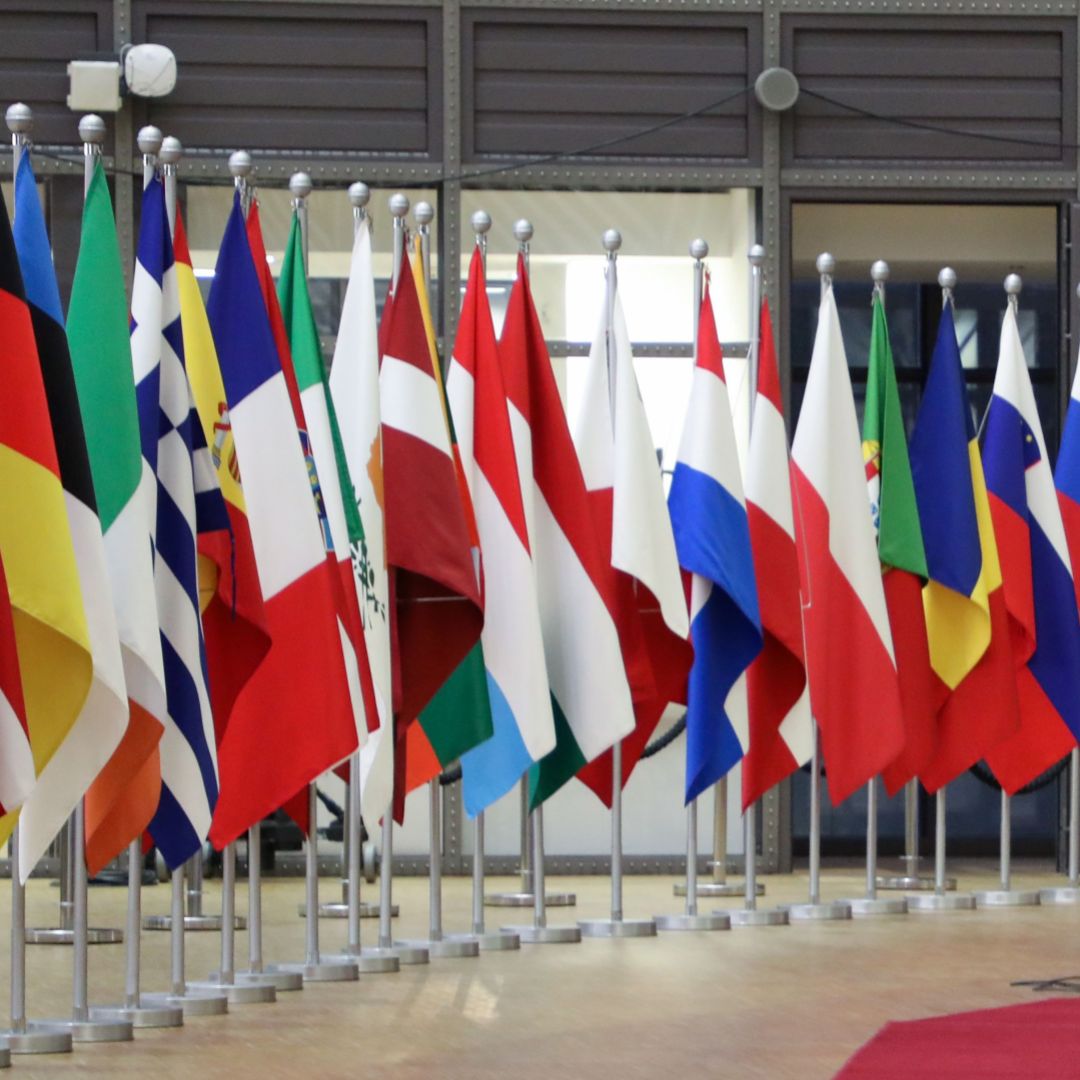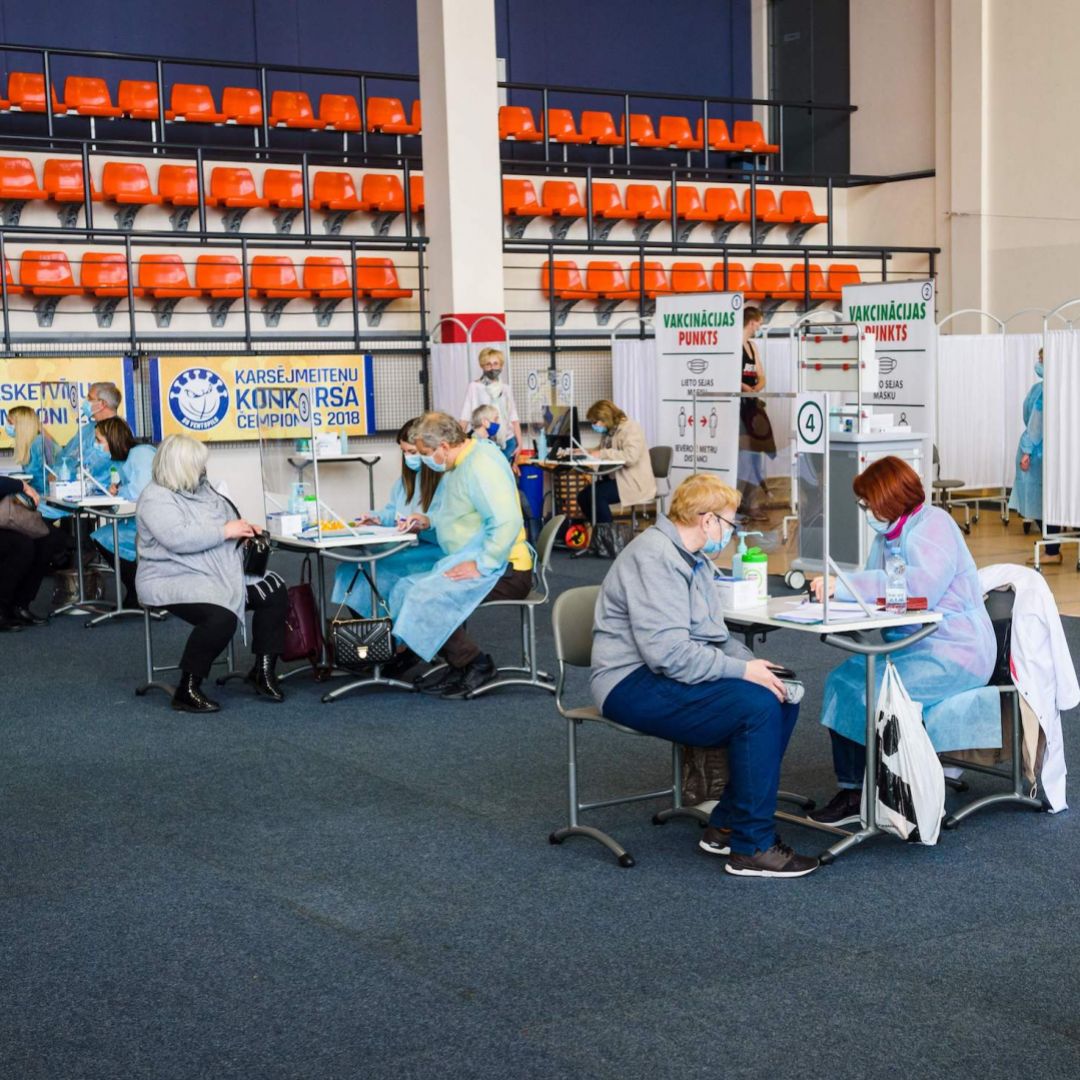The Fate of the Eurozone
Select...
SITUATION REPORTS
EU, Croatia: Zagreb Meets Criteria to Join Eurozone in 2023
Jun 2, 2022 | 16:23 GMT
EU: Inflation in Eurozone Reaches Record High in May
May 31, 2022 | 15:52 GMT
Poland: Parliament Approves Judicial Reforms to Unfreeze EU Funds
May 27, 2022 | 18:37 GMT
Poland: Warsaw's Compromise With EU Commission Will Unblock EU Funding
May 17, 2022 | 15:17 GMT
Europe: European Commission Issues New Guidance on Russian Natural Gas Payments
May 16, 2022 | 18:53 GMT
Finland: President, Prime Minister Support NATO Membership
May 12, 2022 | 14:43 GMT
Sweden: Governing Party to Announce Position on NATO Membership on May 15
May 10, 2022 | 16:27 GMT
EU: Negotiations on Stricter Controls for Subsidized Foreign Companies Begin
May 5, 2022 | 16:57 GMT

AssessmentsMay 4, 2022
A Ban on Russian Oil Risks Dealing Another Blow to the EU Economy

SnapshotsDec 17, 2021
In Europe, Omicron Fears Spur More Travel Bans and Lockdowns

SnapshotsOct 20, 2021
The EU Gears Up for a Tense Debate on Fiscal Reforms

AssessmentsAug 11, 2021
EU Banks Aren’t Out of the Woods Yet

SnapshotsApr 6, 2021
In the Race to Herd Immunity, Can the EU Make Up for Lost Time?

SnapshotsMar 18, 2021
Desperate to Revive Tourism, the EU Proposes a Digital COVID-19 Certificate

GuidanceMar 10, 2021
Regional Elections Will Offer a Glimpse Into Germany’s Political Future

SnapshotsMar 3, 2021
The EU’s Unified Vaccine Strategy Is Starting to Splinter

SnapshotsFeb 26, 2021
The EU Moves Ahead With a Corporate Tax Transparency Plan

AssessmentsFeb 25, 2021
The Future of Chinese Investment in Europe

SnapshotsFeb 10, 2021
Europe’s Pandemic-Rattled Tourism Sector Braces for Another Tough Year

SnapshotsJan 5, 2021
The Next Wave of COVID-19 Lockdowns Emerges in Europe

